Spooky Statistics – Lack of Healthcare Staff to Meet Aging Demands
Spooky Statistics –
Lack of Healthcare Staff to
Meet Aging Demands
Do not read any further if you are wearing rose colored glasses.

WARNING! DISTURBING CONTENT!!!
Do not read any further if you are wearing rose colored glasses.
by Carole Larkin, Certified Dementia Consultant
This is insider information taken from the leading academic journal in the United States called “Generations”. It is produced by the foremost academic and professional organization in America, The American Society on Aging. All content in their journal is researched and documented by the highest credentialed researchers in Aging topics. For more information on “Generations” and the American Society on Aging go to: www.generationsjournal.org and www.asaging.org. All information in quotation marks is directly from the Spring 2016 issue of Generations. (Volume 40 number 1)
Question: How many doctors specialize in diseases of the aging (and therefore know something about dementia)?
Answer: “There have been only 7,000 actively certified geriatricians for more than 10 years.” That’s for 46 million Americans over the age of 65 (as of 2015), never mind older adults with dementia. Geriatricians are doctors specifically trained in diseases in older adults. Not many- huh? Only “about 300 new geriatricians” are trained in medical schools each year. Not many- huh? Worse, “more than 40% “of fellowships for training geriatricians went unfilled for the last 3 years. And some current geriatricians are letting their certifications lapse.
Question: What does that mean? How does that affect me?
Answer: These are the specialists, along with neurologists, for elders with dementia (most people with dementia are elderly). Clearly there are not enough experts for the number of people who need their expertise. And there are less in the pipeline coming up, rather than more. Why? Geriatricians pay is lower than most other doctors, and loans to go to medical school can be well over $100,000! And of course the anti-aging bias we have here in America. Look at old wrinkled bodies? Ugh- I don’t think so!
So, what are you left with? Your regular family doctor, of course, or the local clinic, or the emergency room. In other words, the general healthcare system.
Question: How much training do general healthcare system doctors get in older adult issues including dementia?
Answer: “Less than 3% of medical students choose geriatric electives, meaning most medical professionals will enter the field without any exposure to serving elders.” Also there is currently a “lack of faculty, lack of funding, lack of time in [an] already busy curricula (courses that have to be taken) and the lack of recognition of the importance of geriatric training.” In the past, in most medical schools there weren’t even courses in geriatrics at all, so if your doctor had been practicing for a while, chances are huge that they have no training in geriatrics (or dementia). And currently, there is no requirement to have any training in geriatric conditions to keep up their medical doctor certification, except in California, and that is limited to doctors who have over 25% of their patients are elderly.
Question: What does that mean? How does that affect me?
Answer:
Answer: Chances are high that your family doctor and the doctors in the hospitals don’t have the knowledge that you think they do in relation to your elderly family member (especially one with a dementia). That means that you have to ask them how much actual training they have had over the years to know if you have to question their knowledge/advice for your loved one. Taking their knowledge/advice for gospel could be detrimental to your loved one’s health, if in fact they don’t know the intricacies of good care of elderly people. It can lead to medical mistakes, as they are now known. Things like misdiagnosis’s, nondiagnosis’s, the wrong medications prescribed, medications that react badly with the other medications given, too much medication, not enough medications, surgery advised when not needed, and no surgery prescribed when some is needed. The list of errors can go on and on.
Question: If my doctor doesn’t have the training what can I do?
Answer: Ask them to include a course in geriatric medicine for their next certification for their medical license.
Question: What about other health care personnel who deal with my loved one?
Answer: OK, let’s go through some professions.
- Nurse Practitioners and Registered Nurses: In 2014 out of 3.1 million nurses there were “7,874 nurses trained in gerontological nursing”.
- Social Workers: There is no formal gerontology certification for social workers, but there is a specialization in aging category.” In 2010 of 19,673 students, 1,318 graduated with a Masters in this category. Less than 4% of social workers have been trained to work with elders, yet 75% report they regularly work with this population”.
- There were “2,158 pharmacists in the USA that were certified geriatric pharmacists”. They know the interactions and side effects of drugs that older adults take.
- “As of 2015 out of 18,071 physical therapists in the USA, 1936 were certified in physical therapy specifically for older adults”.
- In 2015 there were “18 occupational therapists certified in geriatric occupational therapy in the USA”.
As you can see, there is a severe shortage of all types of healthcare professionals trained in providing all types of healthcare to older adults, not to mention the subset of them with a dementia. You could call it a crisis, if you wish. And as more and more people enter the age group of elderly every day, it is reasonable to assume that it is going to get a lot worse before it gets better.
Question: What can I do to try and make things better?
Answer: Get loud and demand action of the right people. Who are the right people? Believe it or not, its Politicians! Generations says (and I agree), that there is “no political will” to do anything to address this crisis. Heck, the crisis isn’t even on anybody’s radar, no matter what political party you are talking about. Yes, you may hear about the Affordable Care Act, but guess what? The Affordable Care Act doesn’t even address the issue of next to no knowledge how to properly care for the elderly or how to get professionals interested in caring for the elderly, or in training others to care for the elderly.
It seems as long as our citizens allow the politicians to define the problem as an “individual family” problem, and not a reason to come up with any answers for the problem, then no headway can be made in getting the resources it would take to increase knowledgeable health care for the elderly. It’s got to become the politician’s problem too.
How to do that? What about starting with a phone call, a text or an email to your local state and federal congressman and senator? Or maybe to your preferred political party candidate? It could be as simple as, “What will you do to address the lack of knowledgeable health care out there for our elderly? I want to know, and I vote.”
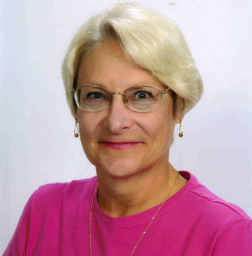
Carole Larkin MA, CMC, CAEd, DCP, QDCS, EICS is an expert in Alzheimer’s and related Dementias care. She has a Master’s of Applied Gerontology from the University of North Texas, is a Certified Alzheimer’s Educator, is a Dementia Care Practitioner, is a Qualified Dementia Care Specialist, and an Excellence in Care Specialist at the Alzheimer’s Foundation of America, as well as a Certified Trainer/Facilitator of the groundbreaking dementia care training tool, the Virtual Dementia Tour Experience She is a Certified Geriatric Care Manager who specializes in helping families with Alzheimer’s and related dementias issues. She consults with families telephonically nationwide on problems related to the Dementias. Her company, ThirdAge Services LLC, is located in Dallas, TX, and her website is www.thirdageservices.com.
Additional Resources By Alzheimer’s Speaks: 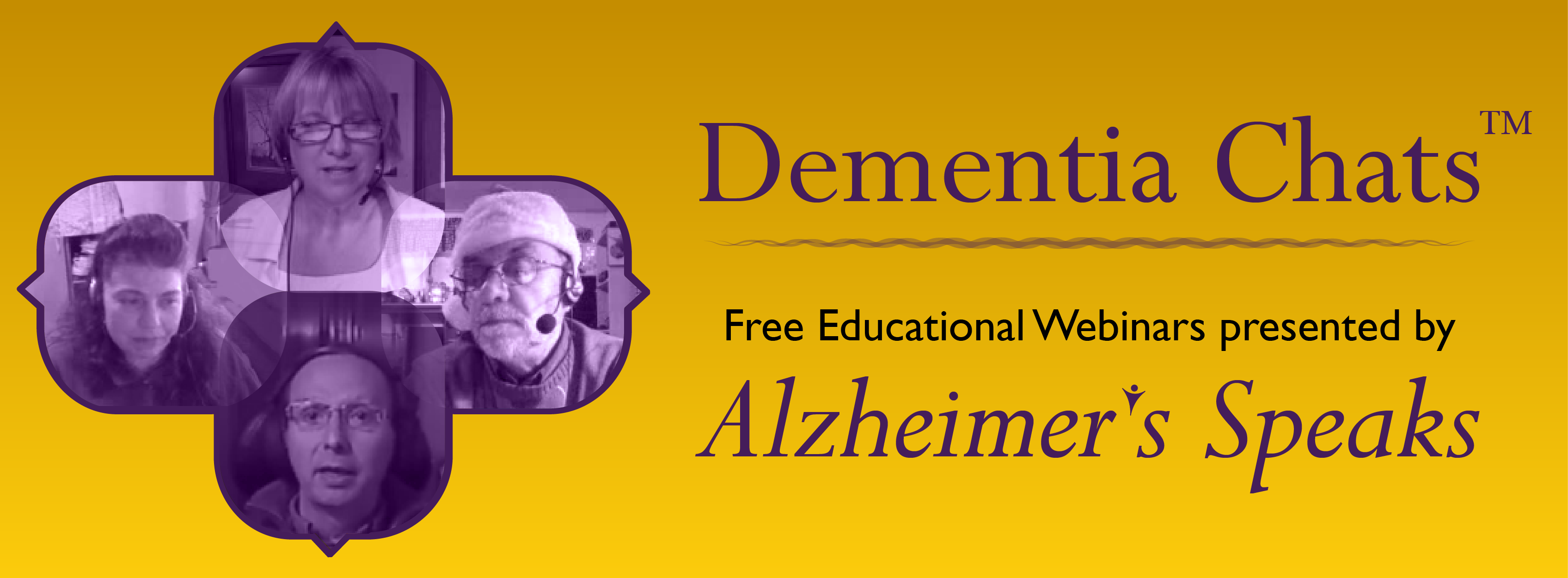
Dementia Chats Last Session is Below
Sign Up Now and Be Prepared if Wandering Would Occur
Search For Information Or
Add Your You Services For Other To Find!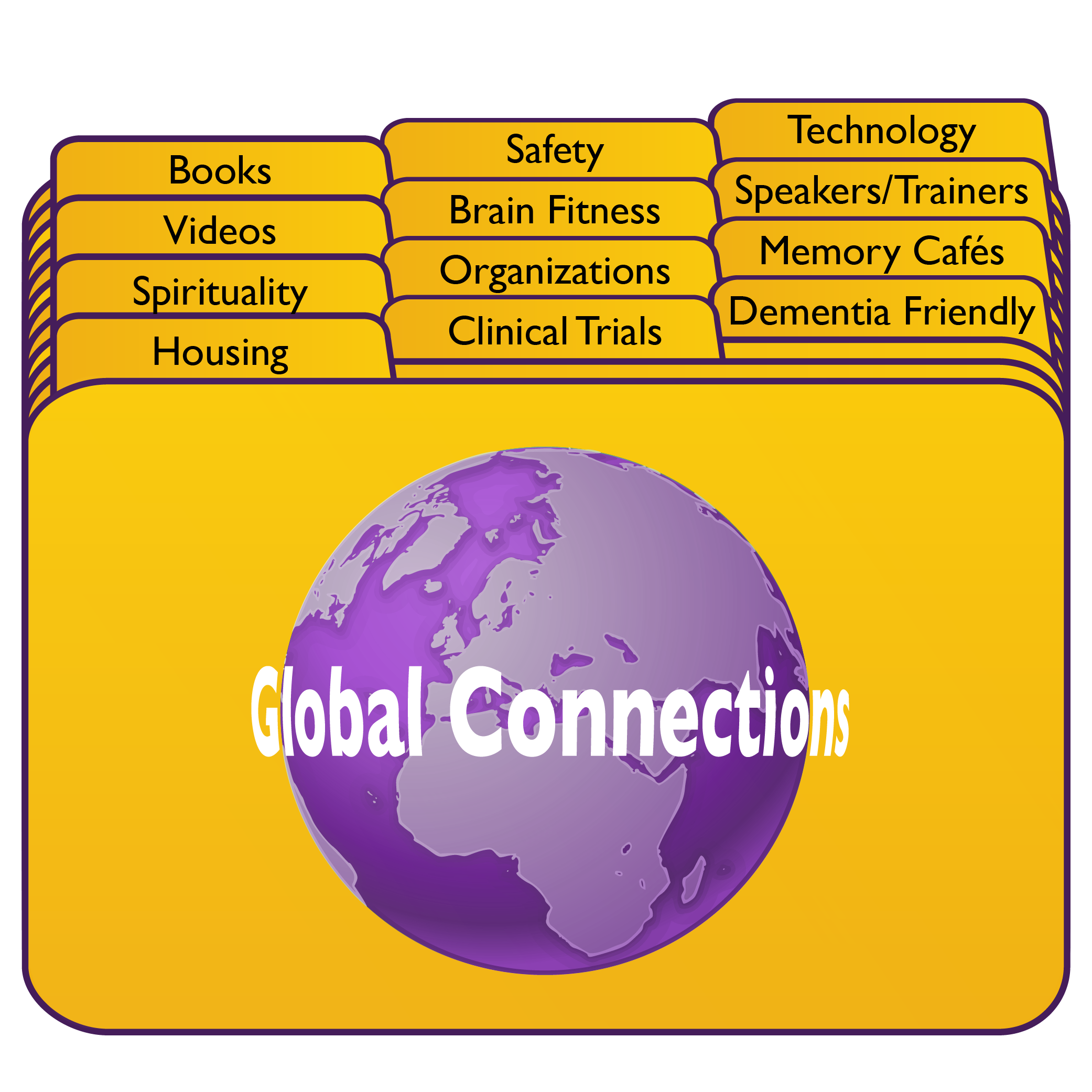



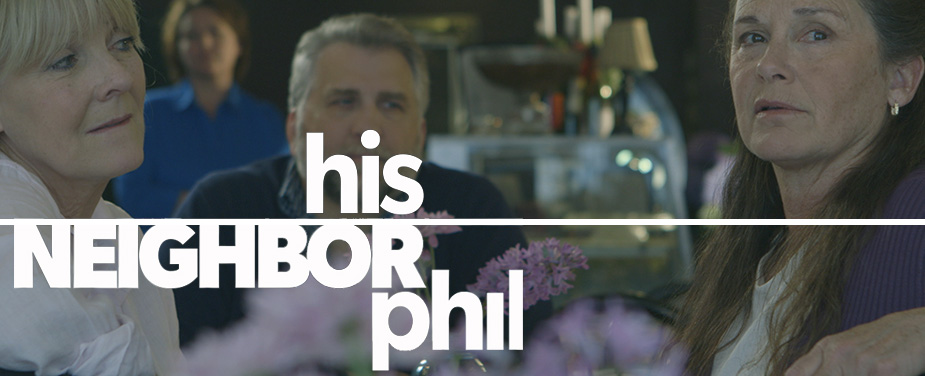

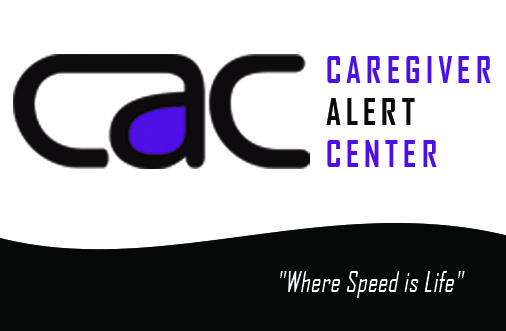

Lori I want to share this post and I¹m getting a 404 when I click on the link in the email you just sent.
Susan
Susan Macaulay
Dementia care partner, coach, advocate, a ctivist and blogger
MyAlzheimersStory.com
mobile/cell: +819-349-0102 (Canada EST) skype: amazingwomenrockme _____________________________________
Hi Susan,
Sorry for the confusion. This is will officially post on Thursday. Every now and than when I set up a date to post it changes things and posts immediately. I want to spread the posts out a bit and with the holiday weekend I want to give more people the opportunity to read this one. It has a very important message. Have a great 4th!
Lori
Thanks much for posting Lori. Have a wonderful fourth!
Carole Larkin MA,CAEd, DCP, QDCS, EICS
214.649.1392
Carole_Larkin@tx.rr.com
This will officially go out on the 7th so more people will catch the article.
Have a fabulous holiday weekend!
Lori
Hi Lori, I want to link your blogs to our FB page, but I click on the blog from my email and it gives me a “404 Not Found” message. Just FYI… 🙂 Thanks. Cyndy
*Cyndy Hunt Luzinski, MS, RN, CDP* Dementia Practitioner 970-213-4548 cluzin63@gmail.com
dementiafriendlycommunitiesnoco.org
https://www.facebook.com/dementiafriendlycommunitiesnoco/
Dementia-Friendly Communities
*of Northern Colorado*®
On Fri, Jul 1, 2016 at 4:20 PM, Alzheimers Speaks Blog wrote:
> Alzheimer’s Speaks posted: “Spooky Statistics – Lack of Healthcare Staff > to Meet Aging Demands Do not read any further if you are wearing rose > colored glasses. WARNING! DISTURBING CONTENT!!! Do not read any further if > you are wearing rose colored glasses. by Carole Larkin, Cert” >
HI Cyndy
sorry I was out of town without internet access. The post you were referring too posted on the wrong date and I pulled so sorry about that. Here is the correct link. https://alzheimersspeaks.com/2016/07/07/spooky-statistics-lack-of-healthcare-staff-to-meet-aging-demands/
Thanks Lori